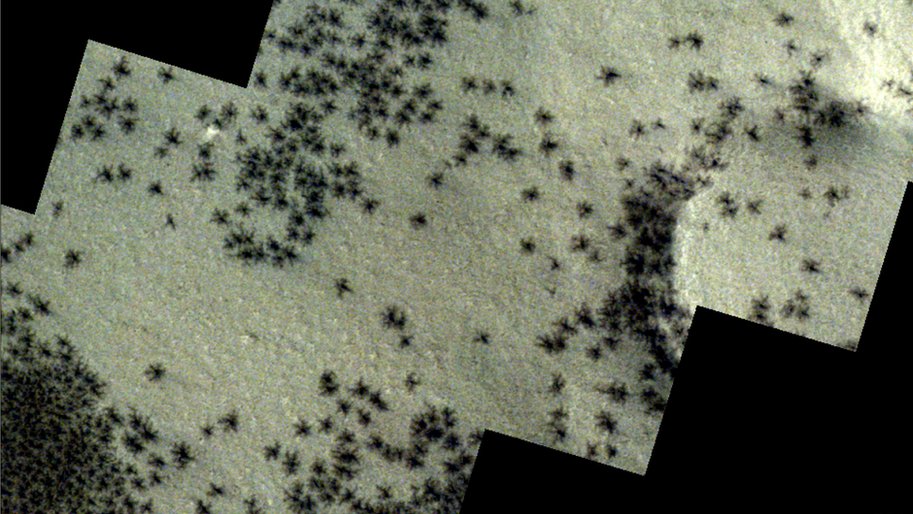Belfast astronomer to take part in special asteroid space mission
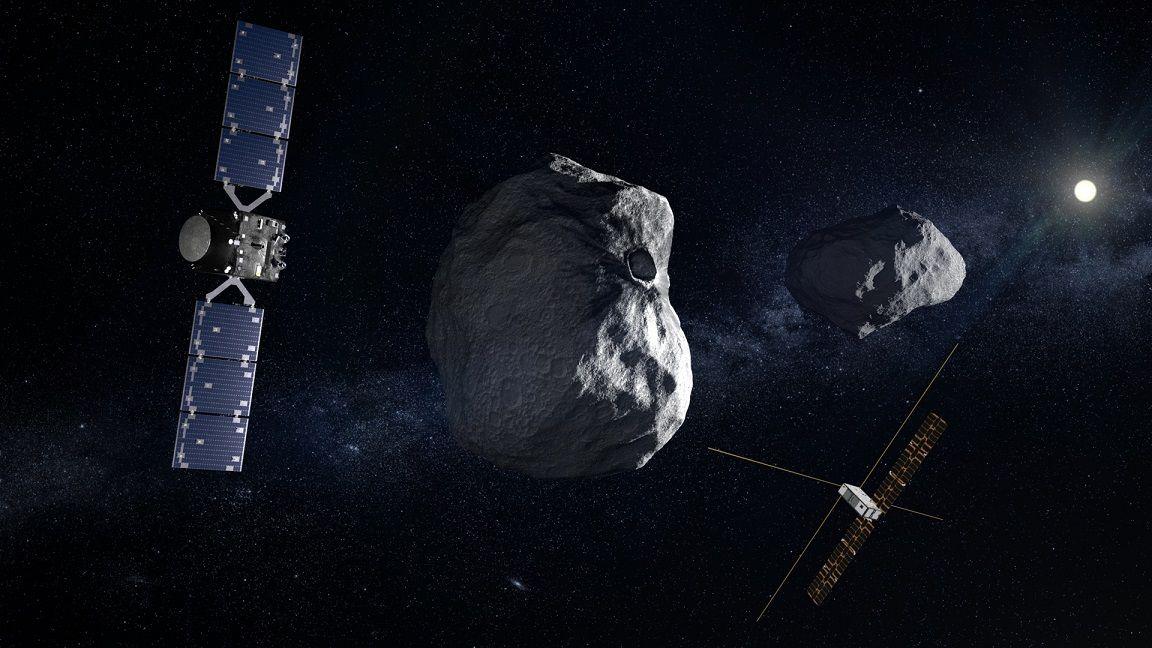
The Hera mission aims to find out more about the asteroids Dimorphos and Didymos
- Published
An astronomer from Belfast will be taking part in a special mission to help ward off the threat of any asteroids crashing into Earth in the future.
Professor Alan Fitzsimmons from the Astrophysics Research Centre at Queen's University Belfast will monitor the European Space Agency's (ESA) first planetary-defence mission, called Hera, at the European Space Operations Centre in Germany.
The Hera mission aims to find out what happened to Dimorphos, a satellite orbiting the asteroid Didymos, which Nasa was able to successfully redirect by hitting with a missile in 2022.
More space stories
Nasa successfully crashes spacecraft into asteroid
- Published27 September 2022
Nasa launches world’s first planetary defence mission!
- Published24 November 2021
China shows off new spacesuit for future Moon missions
- Published1 October 2024
Experts also hope to find out where Dimorphos is heading now, how the collision affected the space object and what impact this information could have on any future re-directions.
As well as analysing what's been going on with Dimorphos, the Hera mission will measure the properties of the satellite's parent asteroid, Didymos.
Why is this a big deal?
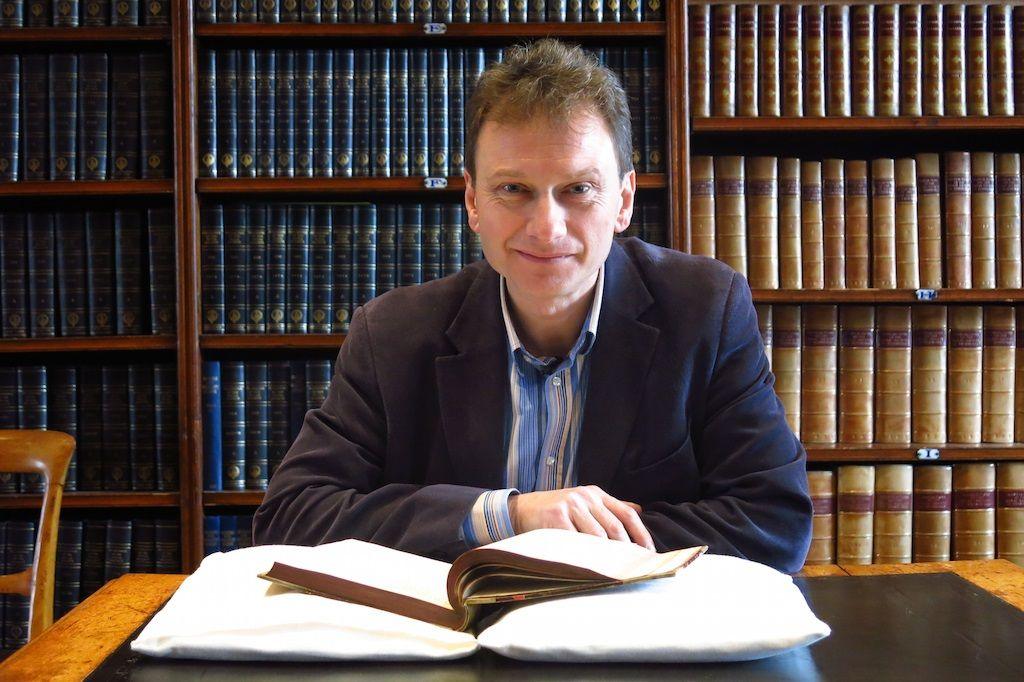
Professor Alan Fitzsimmons will be part of the Hera mission
Astrophysicists have found more than 35,000 "Near Earth Asteroids" to date.
Of these, more than 1,600 asteroids are large enough and pass close enough to Earth to be on a continuously monitored risk list.
However, none of them are anticipated to hit Earth in the next 100 years, although more are being discovered each year.
For a long time scientists have planned and researched for how best to deal with any potential threat from asteroids.
When will the mission take place?
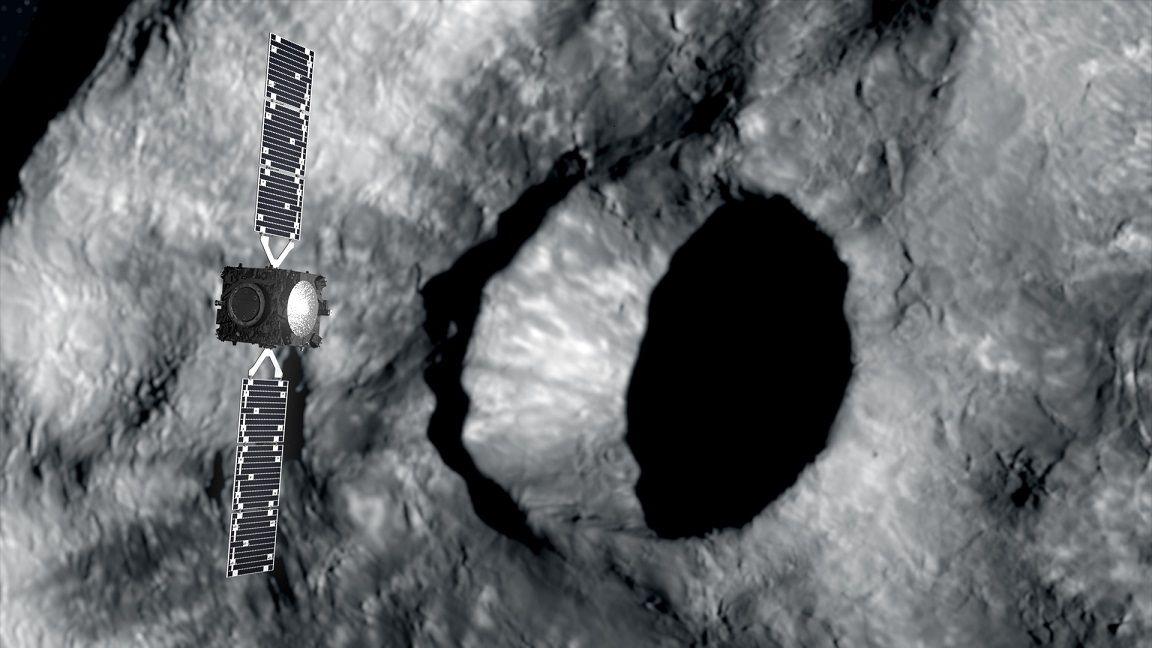
DART, Nasa's missile which hit Dimorphos in 2022, changed the shape of the asteroid
Hera itself is set to launch from the Kennedy Space Centre at Cape Canaveral, Florida this month, although the exact day won't be confirmed until a few days before.
After launch, the Hera spacecraft will fly past Mars next year and this will place it on a journey where it will ultimately reach the pair of asteroids at the end of 2026.
"Hera is a critical step towards the day when humanity might need to deflect a threatening asteroid and is a great example of how science can be used to try to prevent loss of life as a result of dramatic, natural disasters," said Professor Fitzsimmons who has been helping the ESA plan the mission for decades.
"It will be thrilling to get the data back from the mission and to start applying it to potential asteroid threats in the future."
More like this
- Published27 September 2024
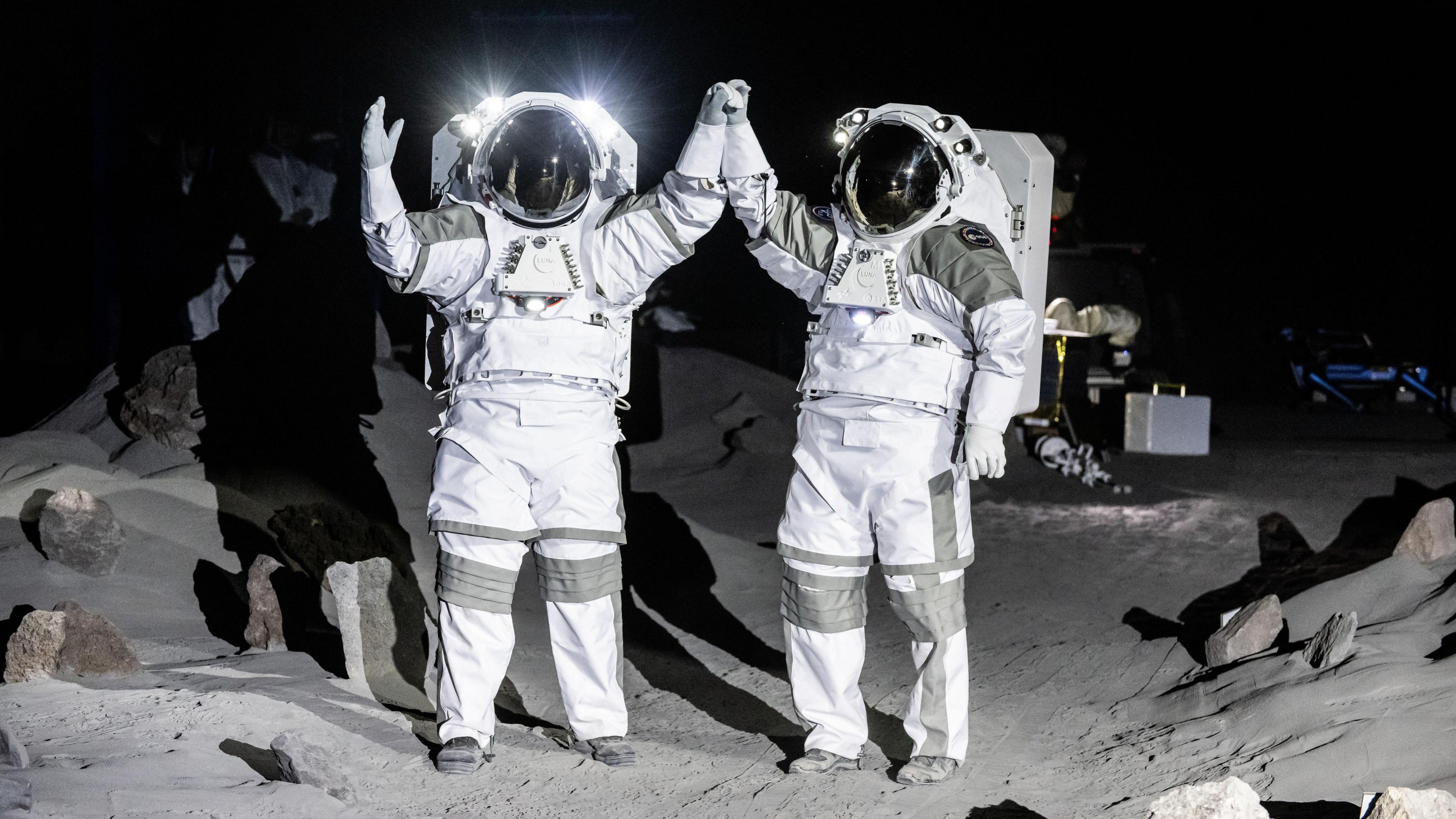
- Published28 September 2024
- Published14 September 2024
